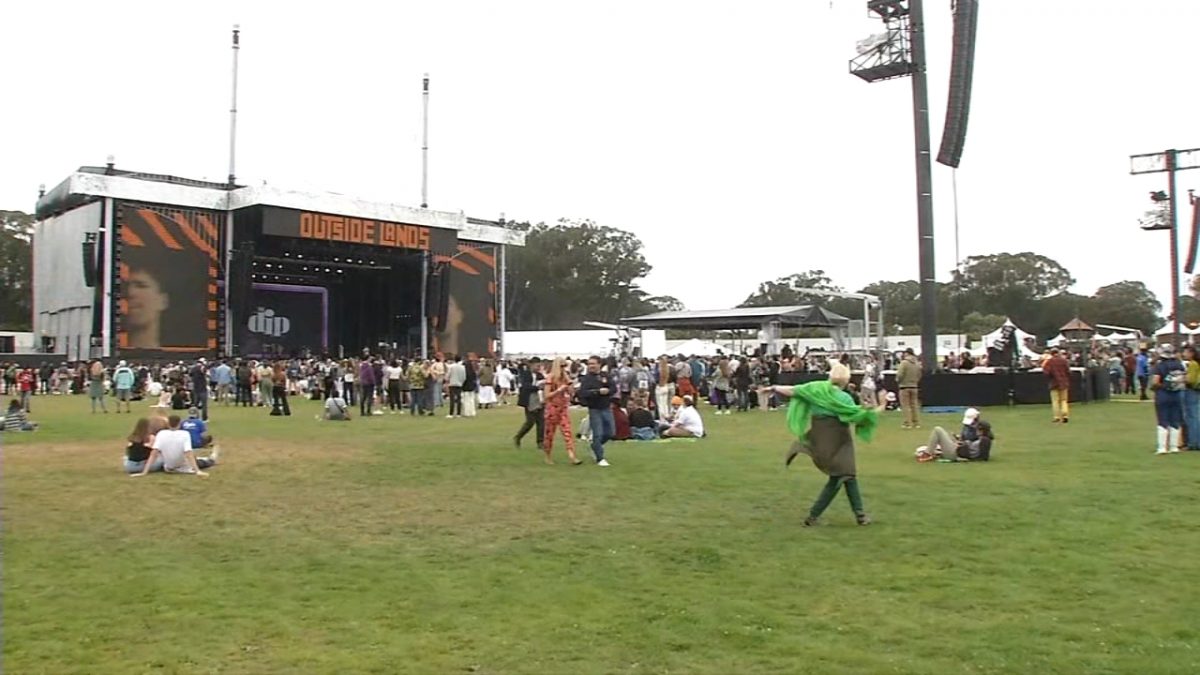After a long silence across the UK’s open-air venues, the festival season is slowly awakening. Whether it’s scaled-down events or bold debuts, organisers are finding new ways to reunite artists and audiences. With health guidelines shaping the future of live gatherings, many festivals are adapting rather than retreating — proving that the spirit of music in the fields is hard to suppress.
One such example comes from Pilton, where plans are underway for a limited-capacity event at Worthy Farm. Rather than a full-scale return, the idea is to host a two-day experience on the iconic Pyramid Stage, featuring live music and a family-friendly campsite. Though it won’t match the sheer magnitude of past years, the proposal reflects how the Glastonbury organisers are reimagining the format while staying true to the festival’s essence.
Elsewhere, the Lake District will welcome thousands back to Lowther Deer Park this July, as Kendal Calling unveils a stacked lineup featuring Stereophonics, The Streets, and Supergrass. After a year of silence, the announcement felt like a collective exhale for fans and artists alike. The festival’s mix of indie rock, grime, and pop underlines its identity as a genre-spanning celebration of British music culture.
London is also making noise this September with the launch of a brand-new event in Brockwell Park. Built by a team behind some of the capital’s most iconic venues, Wide Awake combines post-punk, jazz, and experimental scenes in one day of boundary-pushing performances. With a focus on sustainability and underground ethos, it’s clear that Wide Awake is more than just a new festival — it’s a statement.
Together, these events paint a hopeful picture for UK music lovers. Whether revisiting legacy sites or opening new doors, festivals are once again becoming spaces where community, creativity, and chaos thrive in harmony.
